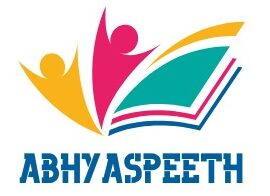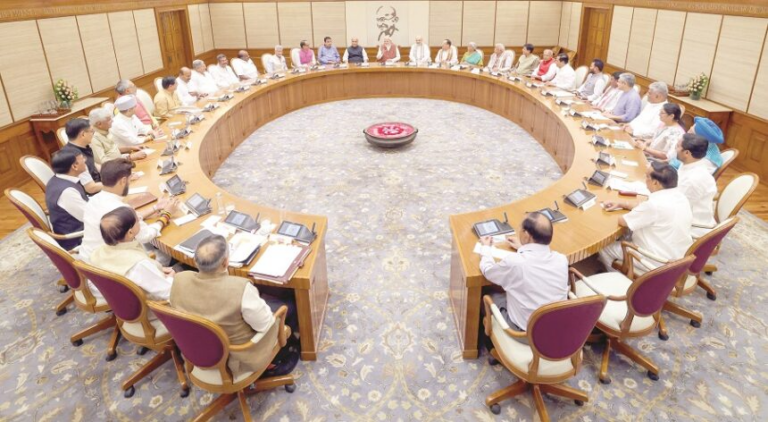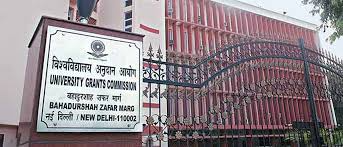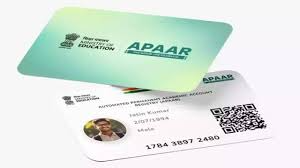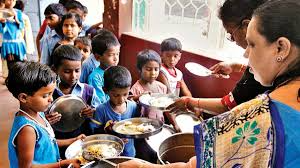
Special Correspondent
New Delhi: A new report by UNESCO has put the spotlight on the state of school meals across the globe, revealing that only 60% of countries have clear regulations governing the quality of food served in schools. While this raises global concern about children’s nutrition, India has emerged as a noteworthy example, thanks to its ambitious and far-reaching PM POSHAN (Pradhan Mantri Poshan Shakti Nirman) scheme.
Launched in 1995 as the Mid-Day Meal Scheme and rebranded in 2021, PM POSHAN now reaches over 118 million children across government and government-aided schools. It provides hot cooked meals with defined nutritional standards — 450 calories and 12 grams of protein for primary students, and 700 calories and 20 grams of protein for upper primary students. The 2025-26 Union Budget increased its allocation to ₹12,500 crore, reaffirming India’s commitment to combating classroom hunger and malnutrition.
The UNESCO Global Education Monitoring (GEM) report recommends a “whole-school” approach, which India is gradually adopting. This includes not only serving nutritious meals but also integrating nutrition education, regular health check-ups, and awareness activities into the school routine. States like Maharashtra, Karnataka, Odisha, and Andhra Pradesh have taken proactive steps to enhance the impact of the program. Maharashtra has introduced fortified pearl millet in meals, Karnataka has launched a “Ragi Milk” initiative, Odisha is distributing fortified milk with vitamins A and D, and Andhra Pradesh has extended the scheme to junior colleges, benefiting an additional 1.5 lakh students.
While countries across the world are still struggling with inadequate legislation and underfunded meal programs, India’s PM POSHAN scheme is being recognized as a model worthy of global attention. However, challenges remain — including the timely transfer of funds, ensuring meal quality, and proper monitoring.
Still, as the UNESCO report suggests, ensuring nutritious food in schools is not just a matter of health — it directly affects learning outcomes, attendance, and overall child development. India’s example proves that with political will, structured programs, and community involvement, it is possible to fight hunger and build a stronger, healthier future for students.
For educational institutions, policymakers, and nutrition advocates, India’s school meal model offers valuable lessons — and a reminder that a simple meal served with care can change the trajectory of a child’s life.
